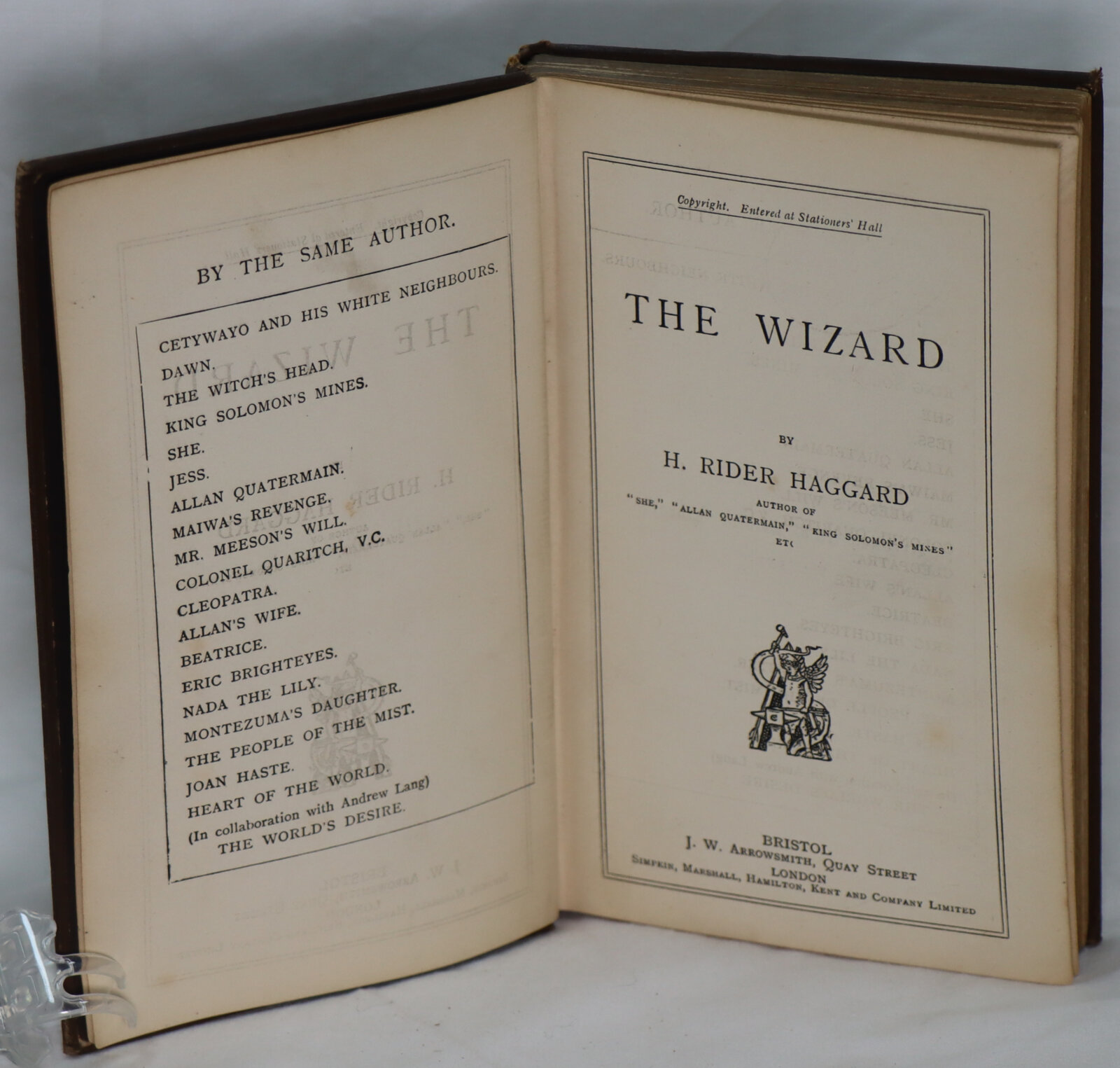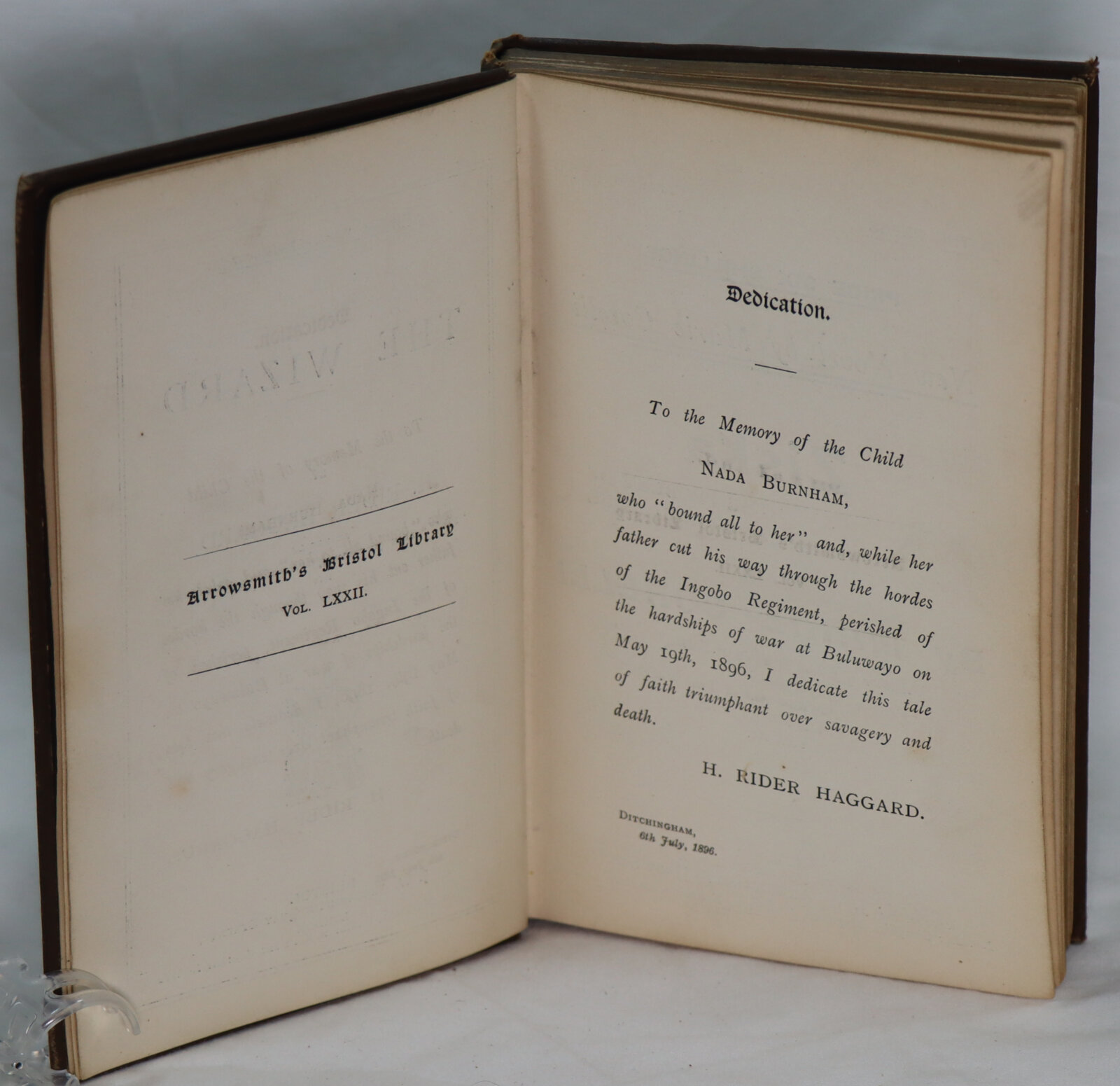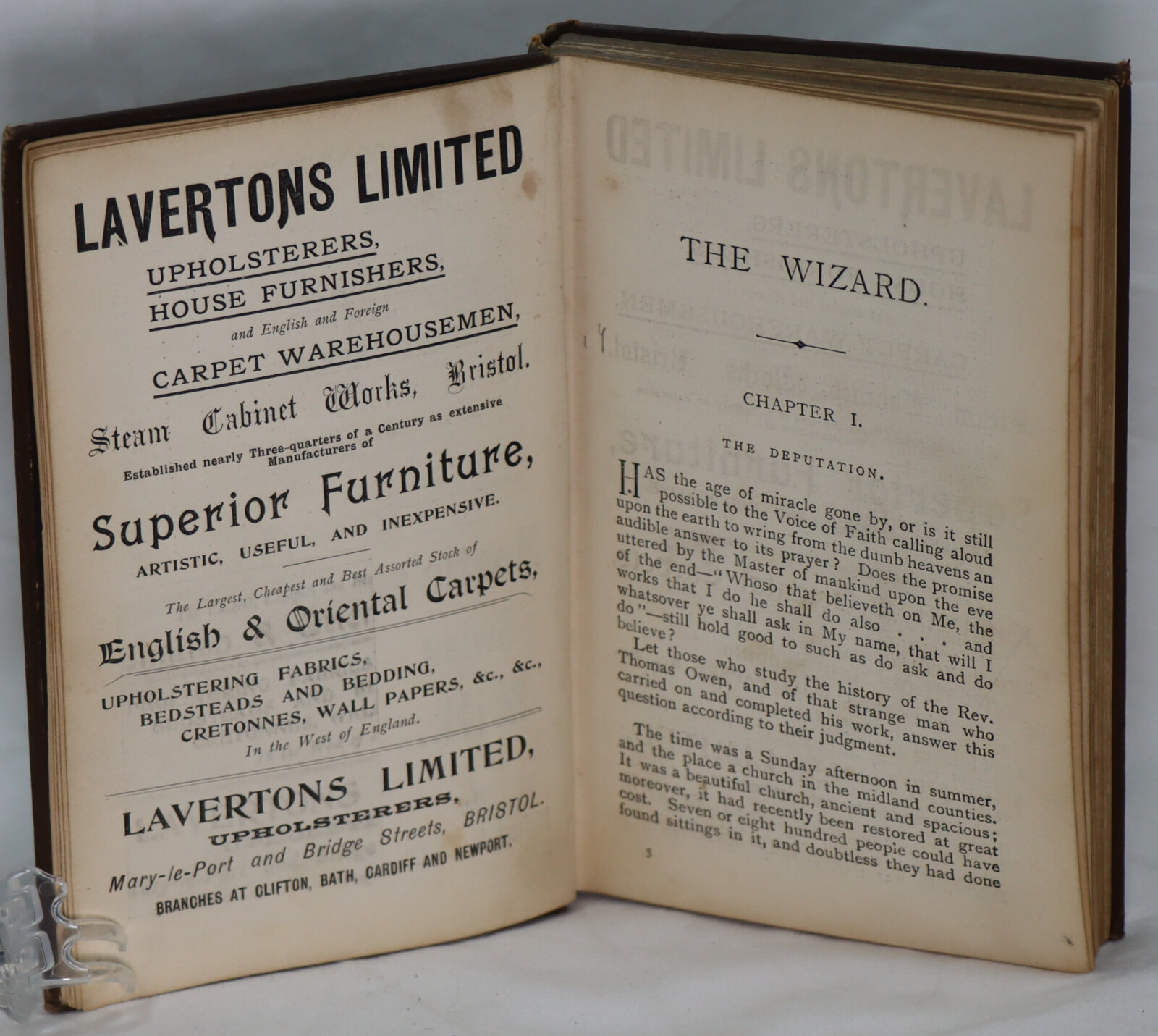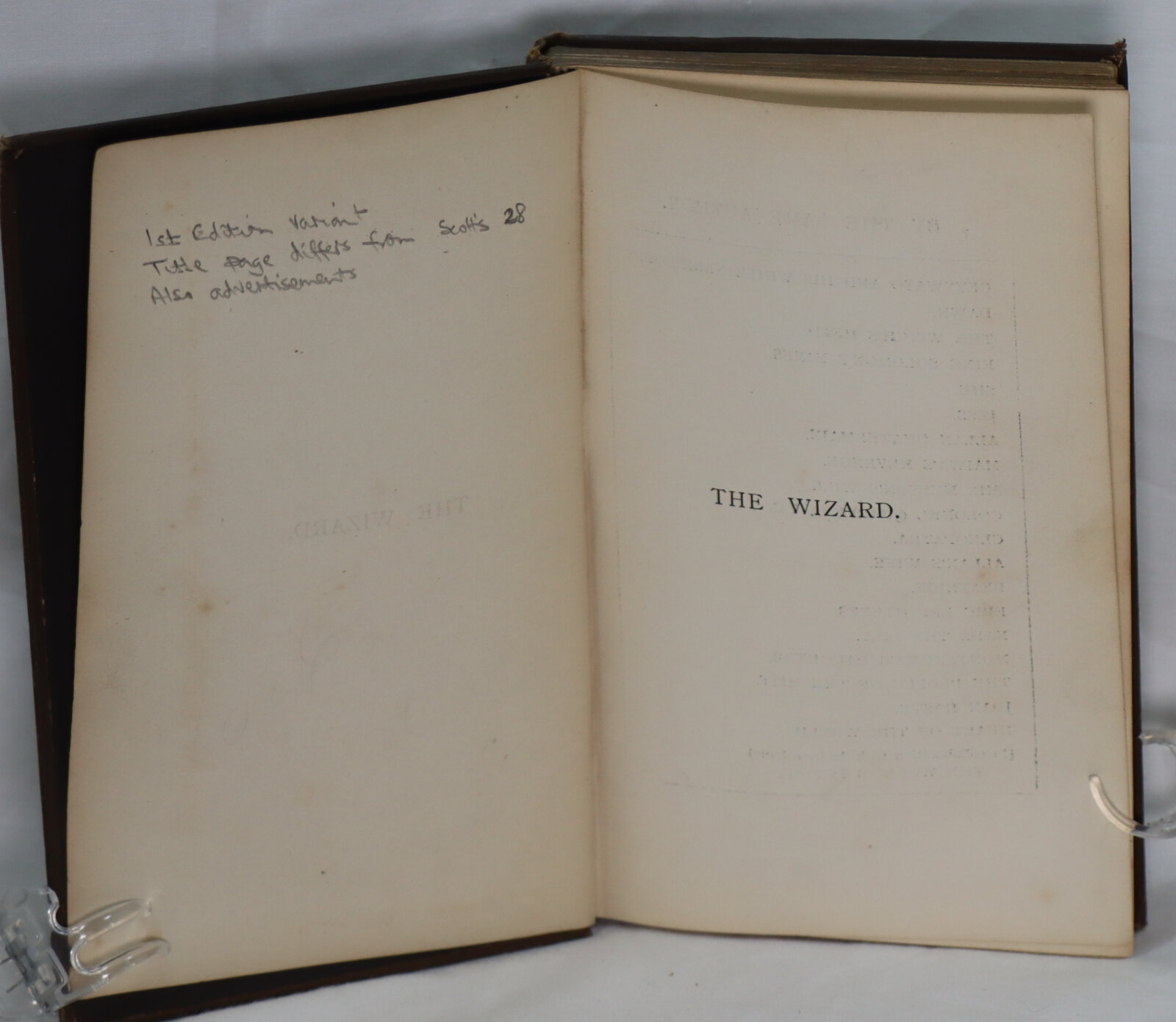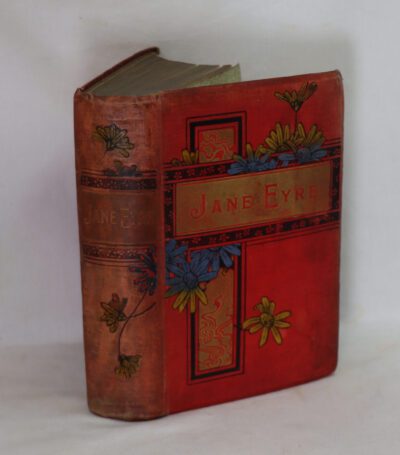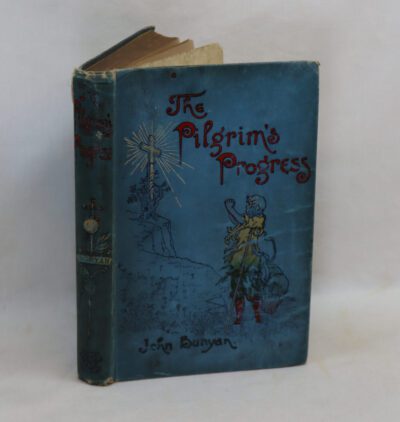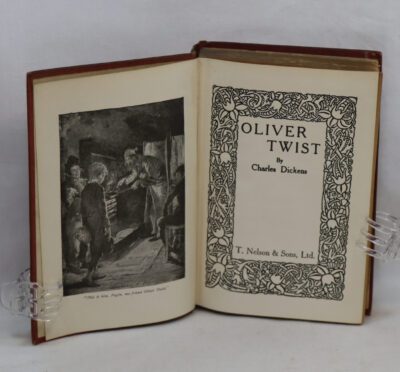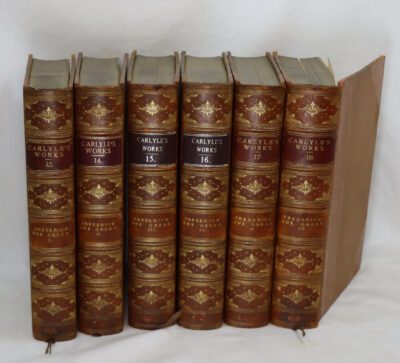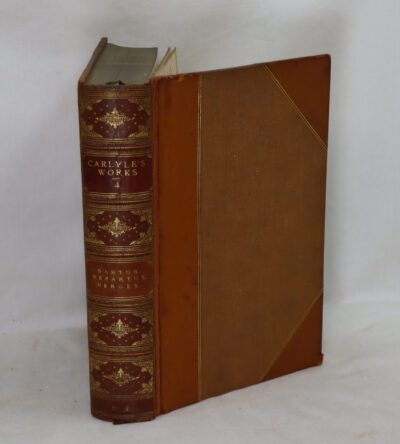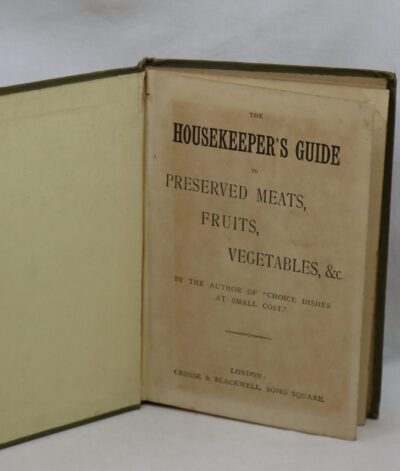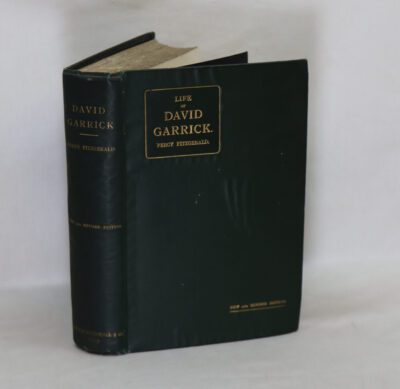The Wizard.
By H Rider Haggard
Printed: 1896
Publisher: J W Arrowsmith. Bristol
Edition: 1st edition
| Dimensions | 11 × 17 × 2 cm |
|---|---|
| Language |
Language: English
Size (cminches): 11 x 17 x 2
Condition: Very good (See explanation of ratings)
Item information
Description
Brown cloth binding with gilt title on the spine. Black title on the front board.
-
F.B.A. provides an in-depth photographic presentation of this item to stimulate your feeling and touch. More traditional book descriptions are immediately available.
Hardcover. Condition: Near Fine. 1st Edition. The first hardback of The Wizard appears in two versions; here is the Arrowsmith’s Christmas Annual version [not Bristol version]. in brown cloth with gilt lettered spine and with the cover lettered and bordered in black, brown end papers, approx. 6 1/2″ X 4″. 10 pages of ads at rear. Scott 28 : Whatmore F20(6a1). Bristol: J.W. Arrowsmith, (1896), 208 pages. A Nearly Fine copy.
The Wizard is a novel by Henry Rider Haggard. The Wizard is one of the many examples of imperialist literature. According to Rebecca Stott, author of the article “The Dark Continent: Africa as Female Body in Haggard’s Adventure Fiction,” Haggard’s fiction is still popular today and attempts to expose a “cultural and historical definition of white masculinity at its most rugged and its most terrified.”
The story is a third-person narrative that follows the journey of Reverend Thomas Owen as he seeks to carry out missionary work in south central Africa, specifically in the tribe of Amasuka. The novel starts in England in the parish of Reverend Thomas Owen and moves to South Central Africa, where the tribe of Amasuka (People of Fire) is located, which is where the majority of the novel takes place. While there, he encounters Hokosa, the chief of the Wizards who essentially wishes him to prove that his God is greater than their god through trials of lightning.
The novel is placed in the imperialist literature of 19th-century England. Just like many of his other works, this novel is inspired by Rider Haggard’s experiences of South Africa and British colonialism. The character Noma is meant to be representative of the theme of female authority and feminine behavior. Some scholars have called the novel “a tale of victorious faith.” It has received both praise and criticism for its representation of the imperialist novel and of womanhood.
Sir Henry Rider Haggard KBE (22 June 1856 – 14 May 1925) was an English writer of adventure fiction romances set in exotic locations, predominantly Africa, and a pioneer of the lost world literary genre. He was also involved in land reform throughout the British Empire. His stories, situated at the lighter end of Victorian literature, continue to be popular and influential.
Want to know more about this item?
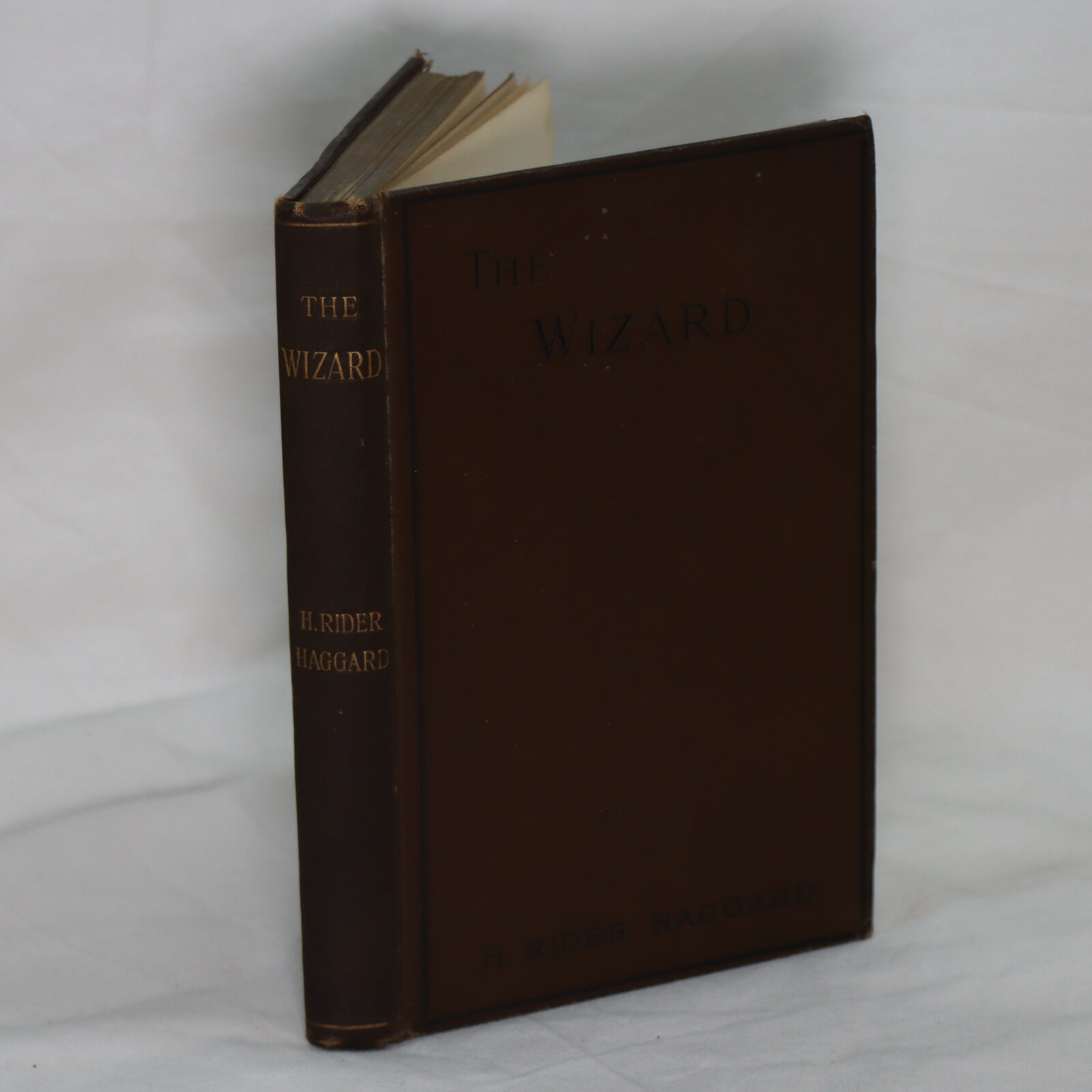
Related products
Share this Page with a friend

